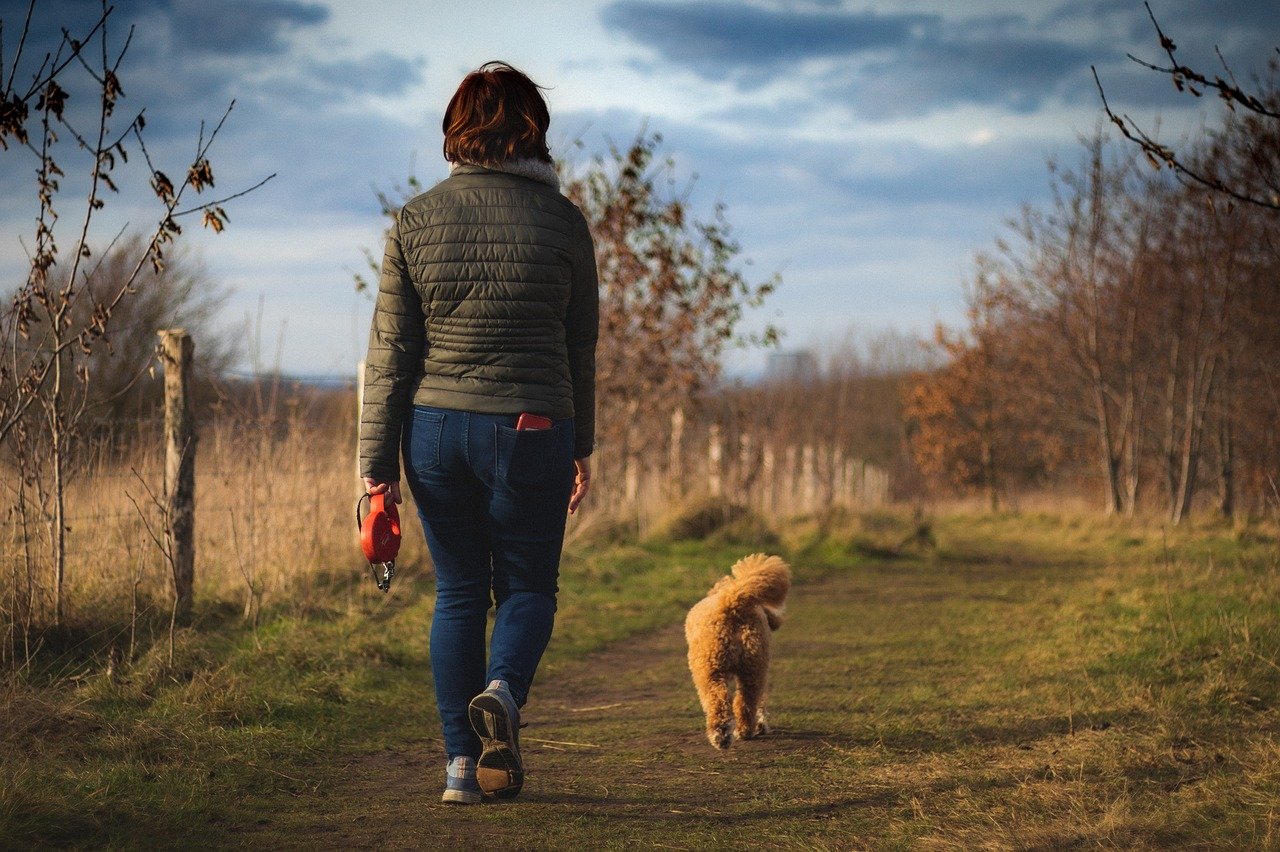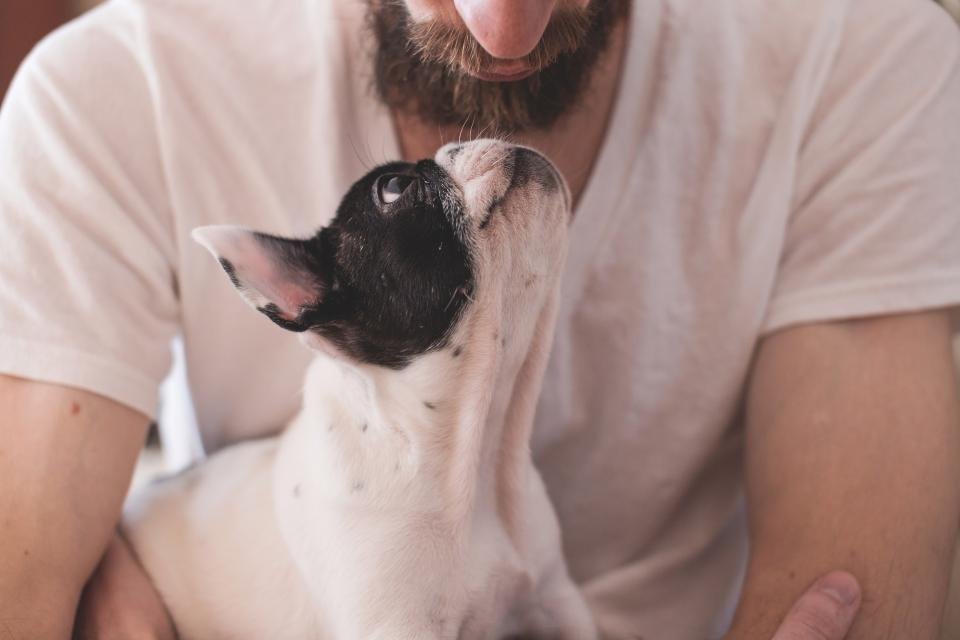Have you ever watched a senior’s eyes light up when a dog trots into the room? It’s almost magical how quickly anxiety seems to melt away. For many older adults, feelings of worry or loneliness can be overwhelming at times. But dogs, with their wagging tails and endless affection, bring hope, laughter, and a sense of purpose that is nothing short of inspiring. Let’s dive into the heartwarming ways these four-legged friends truly transform the lives of seniors, helping to soothe anxiety and bring back joy.
Unconditional Love and Non-Judgmental Companionship
One of the most powerful gifts dogs give is their unwavering, unconditional love. Seniors often feel judged by others as they age, but a dog never criticizes or holds grudges. This non-judgmental support reassures seniors that they are valued just as they are. A dog doesn’t care about wrinkles, forgetfulness, or slow steps. Instead, they offer gentle eyes and a ready wag, making their humans feel treasured and accepted. This constant companionship helps reduce feelings of isolation, a major trigger for anxiety in older adults. The simple act of petting a dog or having one curl up beside them can create a deep sense of comfort and safety, melting away worries for a while.
Encouraging Daily Routines and Structure

Anxiety often thrives when life feels chaotic or unpredictable. Dogs, however, need a schedule—regular walks, feeding times, and play sessions. For seniors, this creates a comforting daily routine that brings focus and stability. Having a dog means there’s always a reason to get up in the morning, follow a pattern, and look forward to each day. This structure is especially helpful for those struggling with forgetfulness or feeling lost in retirement. Knowing that a loyal friend is depending on them helps seniors feel purposeful, which in turn eases anxious thoughts and brings peace of mind.
Physical Touch and Calming Presence
There’s something undeniably soothing about stroking a dog’s fur or feeling their warm heartbeat against you. Scientific studies have shown that physical touch with pets can lower cortisol levels, the hormone responsible for stress. For seniors, this simple act of petting a dog can instantly calm nerves and slow racing thoughts. Dogs often sense when their person is anxious or upset and will nuzzle closer or rest their head on their lap, providing silent reassurance. This tactile comfort goes beyond words, grounding seniors and helping them feel less alone in their struggles.
Boosting Physical Activity
It’s easy for seniors to slip into sedentary habits, especially when anxiety makes it hard to find motivation. Dogs, however, need exercise—and they make walking fun! Whether it’s a gentle stroll around the block or tossing a ball in the backyard, these shared moments not only get seniors moving but also release endorphins, which are natural mood boosters. Physical activity helps to burn off anxious energy and makes it easier to relax later. Over time, regular walks with a dog can improve mobility, balance, and overall health, making seniors feel stronger and more capable.
Providing a Sense of Purpose

Many older adults struggle with feelings of uselessness after retirement or the loss of loved ones. Caring for a dog instantly restores a sense of responsibility and importance. Feeding, grooming, and looking after a furry friend gives seniors a reason to stay engaged and active. The knowledge that another living being relies on them can be incredibly empowering. This renewed purpose helps to push back against anxious thoughts, bringing confidence and a renewed zest for life.
Reducing Feelings of Loneliness

Loneliness is a silent epidemic among seniors, and it can make anxiety much worse. Dogs are experts at filling quiet homes with life and laughter. Their playful antics and loving companionship mean there is always someone to talk to, even if they never answer back in words. The simple presence of a dog provides comfort during difficult moments, especially at night or during long, quiet afternoons. For many seniors, a dog is more than a pet—it’s a loyal friend who makes the world feel less empty and far less scary.
Encouraging Social Interaction

Dogs are natural icebreakers. Taking a dog for a walk or to the park often leads to friendly conversations with neighbors or other dog lovers. For seniors who find it hard to connect with others, these interactions can be a lifeline. Even simple chats can build confidence and reduce social anxiety. Over time, some seniors may join dog clubs or volunteer at animal shelters, further expanding their social circles. Dogs help seniors feel more connected to their communities, easing fear of isolation.
Offering Distraction from Worry

Anxiety often stems from overthinking or dwelling on negative thoughts. Dogs are experts at pulling their humans into the present moment. Their playful behavior, funny expressions, and constant need for attention make it hard to stay lost in worries. Whether it’s a silly game of fetch or an unexpected cuddle, dogs bring laughter and distraction just when it’s needed most. These joyful interruptions help seniors break the cycle of anxiety, reminding them that happiness can be found in the simplest moments.
Helping Manage Symptoms of Depression

Anxiety and depression often go hand in hand, especially as people age. Dogs provide emotional support that medication or therapy alone can’t always achieve. Their enthusiasm for life is contagious, and their affection can lift even the heaviest of spirits. For seniors struggling with low mood, the daily responsibility of caring for a dog can help create a positive routine and foster hope. Over time, many seniors find that their dog’s love helps them rediscover laughter and joy, making it easier to manage both anxiety and depression.
Increasing Mindfulness and Living in the Moment
Dogs don’t worry about tomorrow or dwell on the past—they live for now. This attitude is a powerful reminder for seniors who may be weighed down by anxious thoughts. Walking a dog, playing together, or just sitting quietly in the sun fosters mindfulness, encouraging seniors to appreciate the present. Many seniors find they become more aware of their surroundings and more grateful for small pleasures, which helps to quiet the mind and reduce anxiety. Dogs are wonderful teachers in the art of being present, making every day more peaceful.
Promoting Better Sleep

Anxiety often keeps seniors tossing and turning at night. Interestingly, the presence of a dog can help create a sense of safety and relaxation that makes it easier to fall asleep. Many seniors find comfort in the soft breathing or gentle weight of a dog at their feet. This sense of security soothes nighttime fears and interrupts the anxious thoughts that can disrupt sleep. With their loyal companion nearby, seniors often wake up feeling more rested and ready to face the day.
Early Detection of Health Changes
Dogs have an uncanny ability to notice when something isn’t right. Some can be trained to alert their owners to health emergencies, but even untrained dogs often sense changes in mood, behavior, or physical well-being. For seniors, this means that a dog may nudge them when they’re anxious or stick close during health episodes. Knowing that their pet is attentive to their needs helps seniors feel safer and more at ease. This early detection can provide peace of mind, reducing anxiety about living alone or experiencing health issues without support.
Supporting Emotional Expression

Many seniors find it hard to talk about their feelings, especially anxiety. Dogs offer a safe outlet for emotional expression, free from judgment or misunderstanding. Talking to a dog, even if they don’t understand the words, helps seniors process their worries out loud. The simple act of sharing their thoughts and receiving loving attention in return makes difficult emotions more manageable. Over time, this emotional release can lower anxiety and help seniors feel lighter, more understood, and less burdened by their worries.

Born and bred in South Africa, a Capetonian at heart. Amy-Leigh’s love for nature and animals was inherited from her Dad. He loves taking the family on road trips to experience nature at its finest; Amy-Leigh’s favourite being whale watching in Hermanus and spotting Kudu along the West Coast. Amy-Leigh holds a BA in English Literature and Communication Studies.






